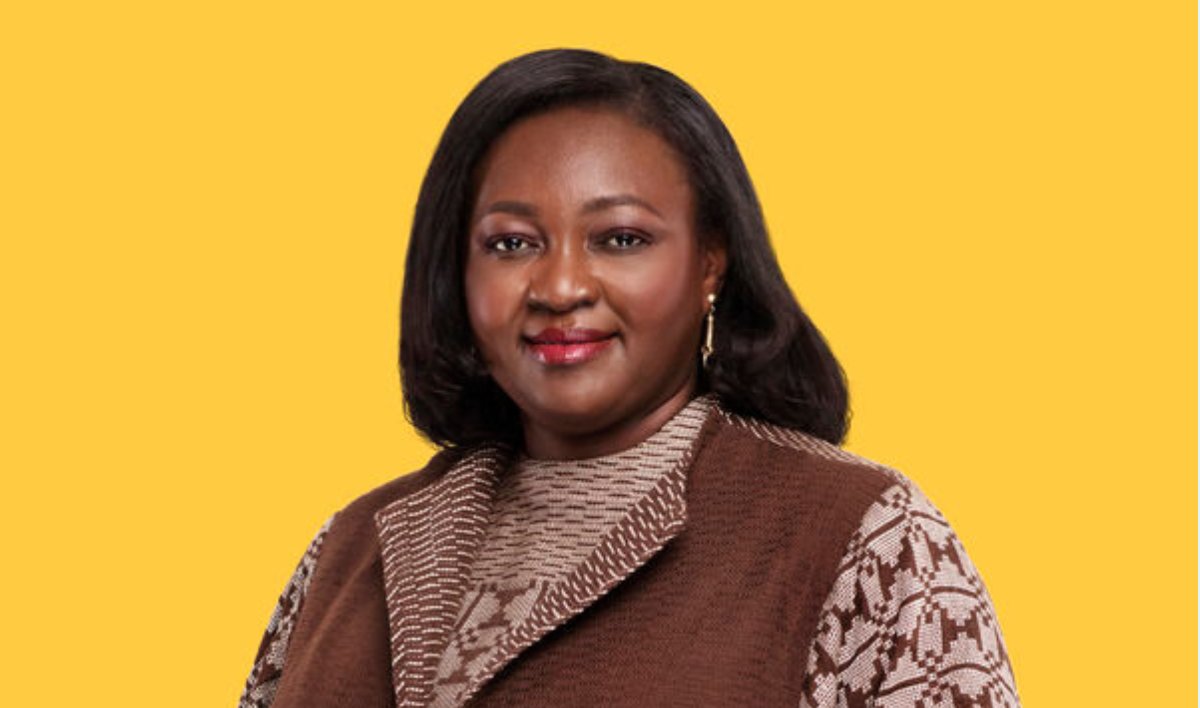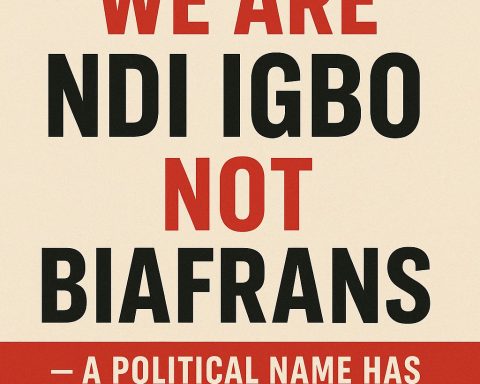Sabine Mensah, Deputy CEO of Nairobi-based AfricaNenda, a not-for-profit and African-led organisation, in this interview with Prime Business Africa’s DR MARCEL MBAMALU, speaks on their efforts in deepening financial inclusion in Africa through driving projects that support instant digital payment system. She also spoke on the significance of the organisation’s recent report on the state of instant and inclusive payment systems in Africa.
Would you speak on AfricaNenda and the significance of the recent report on instant payments
in Sub-Saharan Africa given the current situation in the ecosystem?
Let me start by defining instant payment system and inclusive instant payment system. Then I can move on to sharing a bit about the report. I think most of the time when people ask me about instant payment systems, I say, you know, it’s your ability to do a digital transaction with a device. Let’s say you have a phone, and you’re able to send a mobile money transaction to somebody. So, you’re pushing a transaction. You can do it 24/7, and the transaction gets to another person almost in real-time within seconds sometimes. So, that is a basic instant payment system in a digital world.
Join our WhatsApp ChannelBut I think what is important to us at AfricaNenda and what we focus on is inclusive instant payment systems; that inclusivity component is really anchored around three key areas. First, if you look at it from a consumer standpoint, inclusivity means having a full range of use cases. So yes, you can send money to somebody. A person can send money to you, but inclusivity means that I, as a customer, can interact also with businesses, send money to business, receive money from business, pay them, and I can also interact with government services; that is pay for government services or to receive funds from the government? Comparable to what we do with cash is a key component of inclusivity, Digital payment should not just be comparable to what we do with cash. It must provide more value for inclusivity.
READ ALSO:
- Digital Transactions Expand In Africa As Regional Payment Systems Widen
- Your Online Retail Payments Are Getting More Protected, Inclusive – SIIPS 2023 Report
- Instant And Inclusive Payments Systems: From Fear To Fast Payouts
Therefore, it is important for customers to have a recourse mechanism when a digital payment system doesn’t work. What do we do? Who can we reach out to, and how do we get a resolution? So that’s from a consumer standpoint inclusivity.
Second, when you look at it from a provider standpoint inclusivity, we want to make sure that instant payment systems enable anybody to send any amount. So, really, low-value, low-cost affordability are also a key part of inclusivity. So is the need for the systems to be open-loop, meaning that all licensed payment providers should have fair access to the system and be able to participate and have equal input opportunity into the system’s decision-making process. And, of course, the key here is making sure that there’s interoperability between all the services. It doesn’t matter which provider I, as a customer, deal with, it doesn’t matter which device I have, it shouldn’t matter which type of account I have. We should be able to transact with everybody in the financial ecosystem in a country.
Last but not least, the third component in the inclusivity spectrum can be accessed from a regulatory point of view, making sure that the instant payment system has at its core the involvement of the financial regulator, whether it’s the Central Bank or any other regulatory institution in the financial realm.
Indeed, it is critical that regulators be part of the governance of the system, enabling the different parties to really focus on the financial inclusion goals at country or at regional levels depending on whom we’re talking about.
Coming back to AfricaNenda and why we’re doing this SIIPS (State of Instant and Inclusive Payment System) report in Africa. I don’t know if you know, but we are quite a young organisation, founded in 2021, and our focus is really to develop and scale the deployment of inclusive instant payment systems to fast-track financial inclusion. And when we started, we ourselves were faced with questions: what’s in the ecosystem, what’s the baseline? Where are we starting from? So, the SIIPS report started from a real need to being able to assess the different instant payment systems that are in Africa, their status, whether they are live systems or they are in development, and also attempting to assess how inclusive these systems are. Aside from that landscape review, there’s also a component of making sure that we are anchoring this report around a voice of consumer research as well as case studies showcasing IPS examples in Africa; So, we can start building more knowledge, lessons learned, and best practices across the continent. The 2024 report has five new country research from Cameroon, Malawi, Morocco, Rwanda, and Senegal, and we also have four new case studies that are based on the instant payment systems of Malawi, Rwanda, Zambia, and one regional IPS in Central African. We also did a spotlight chapter looking at the implications of policy and regulatory harmonization for cross-border payments and making sure that we understand these challenges and make some recommendations across the ecosystem.
Within the last couple of years and with the advent of COVID, we’ve seen how important it is to have digital rails in a country that work; so, we can enable consumers, businesses and governments to continue interacting with digital financial services. I think for us to fast-track our journey towards inclusive digital transformation in Africa, it is key that we know where we are coming from, that we learn from our ecosystem, understand the needs of consumers and the reality of the instant payment systems in order to make data-driven recommendations to our different stakeholders, from regulators to country agencies, private sector, and of course the digital financial practitioners that are in the ecosystem.
Talking about interoperability because it’s another plan in an instant payment, to what extent would you say the infrastructure challenges we have in some countries would become a stumbling block to achieving this inclusivity at this time? Do you look at that as a major challenge? I mean the difference in the different layers of challenges that we have for infrastructure, talking about digital banking, for instance?
I think the development of digital infrastructure is different from country to country. The level of connectivity that exists is different. The regulatory environment where the financial service providers are operating is also different. So, if we take the question from an infrastructure perspective, there are several layers. First, you have the connectivity infrastructure and sadly, if that connectivity is not there, we as consumers are definitely excluded as digital transactions require access to some level of connectivity. In the case of mobile money, a GSM connection will enable you to do a mobile money transaction with a basic phone using the USSD channel. But for others who have a mobile App, internet connectivity is required. The second layer would be access to a device, from the most basic phone, to a smartphone etc…,
The third layer would be around the country’s instant payment system and whether the IPS is open to all licensed service providers and if there is interoperability enabling customers to send and receive money from all types of accounts regardless of the providers they have an account with. The SIIPS Africa report 2023 showed that out of 32 live IPS in Africa, only 14 are interoperable all to all. We still have a long way to go for full interoperability of IPS across Africa.














